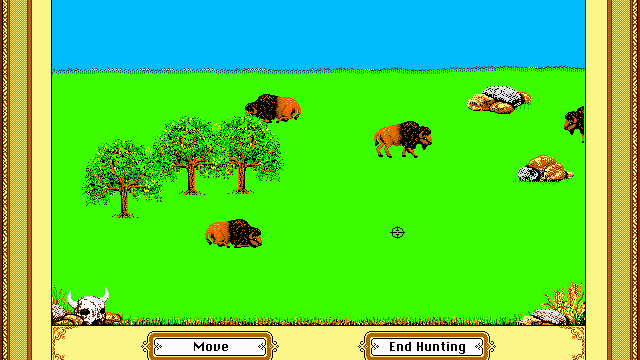Do you remember the first computer game you played? What about the first program you downloaded? Unless you’ve just emerged Brendan-Fraser-in-Encino Man-style from the earth, wholly unaware of computers (in which case, I have several questions for you), your early digital distractions are probably years, if not decades old by now.
That doesn’t mean they’re lost. There’s a good chance somebody out there is working to make sure that version of Pizza Tycoon you were obsessed with in 1994 still exists. And they’re probably breaking the law to do it.
The island of misfit games
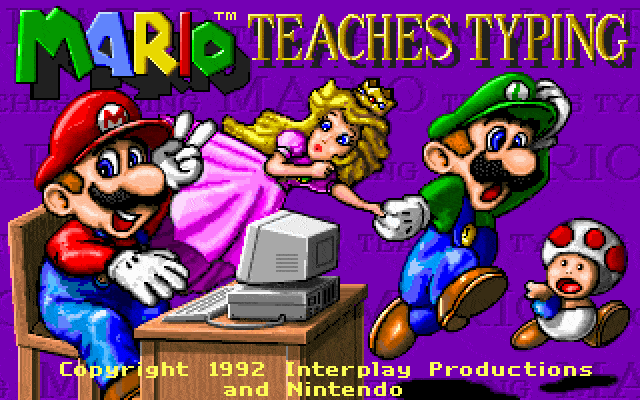
Screenshot via Myabandonware.com
“Abandonware” is a melancholy nickname reserved for software that’s been abandoned by its makers. Instead of preserving old games, or making them publicly available, many effectively ancient and often defunct rights holders don’t do anything, often because they went defunct before they had the chance. Maybe they still have the copyright, maybe it got sold off in some bankruptcy proceeding. The game isn’t actively supported or sold, but someone somewhere technically owns it, even if they don’t remember or care.
And so the people who are in love with these old games look for loopholes, stockpile brittle CD-ROMS, and create emulators and workarounds, so these classic pieces of software can live on, and do it on modern systems.
Not every dusty program is considered abandonware. Some old-school software is formally given away by its original owners, making it freeware. And pirated older programs are just “pirated older programs” if their makers still offer support or even sell digital copies of their game. Classic gaming website GOG.com offers a wide array of vintage games like Rollercoaster Tycoon or Duke Nukem 3 for a reasonable price. It re-commercializes vintage hits, and in doing so, clasps them back from the dead zone.
But plenty of other good games and programs linger, ignored and unsupported. Archiving and sharing this kind of software is technically piracy, but the community devoted to the survival of programs forsaken by their owners is motivated by love, not cheapness or greed. After all, in these cases piracy is the only access option.
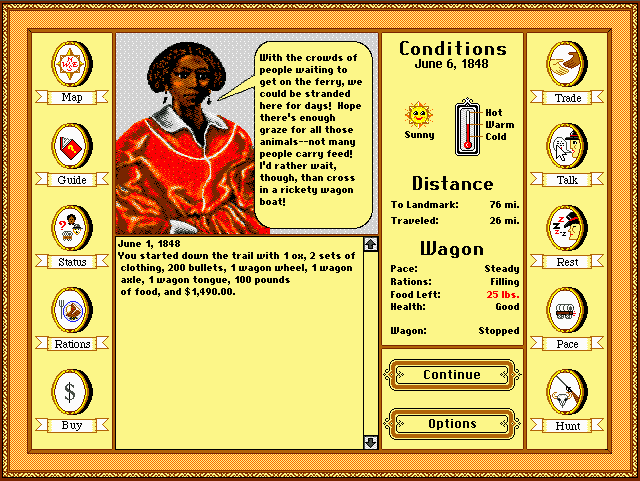
Screenshot via Myabandonware.com
A gorgeous, gut-strangling recent essay by Paul Ford, “The Sixth Stage of Grief Is Retro-Computing,” describes the some of the many, highly specific communities fascinated by forgotten programs, the retro nerds busy creating simulations of outdated software to save it from oblivion.
Ford’s fascination with reviving forgotten software is not odd. Reviving Web 1.0 aesthetics is something of a trend these days, but this especially devoted faction of revivalists specialises in actually swapping and preserving discontinued programs. These are the “abandonians,” the champions of abandonware.
Abandonians: archivists by another name
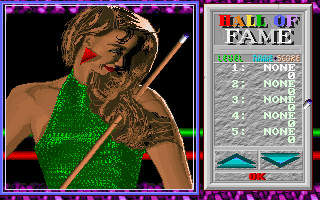
I talked to Rafael Lopes Vivian, the site runner for an abandonware webring, about his long-standing interest in retro-software. He doesn’t condone pirating things that can be bought conventionally. If he can buy it instead, he will, though he’s quick to point out that not everyone in the community shares that view.
“When GOG appeared, abandonware was starting to finally get what it wanted: To have normal commercially supported access to classic games. Imagine the faces on us old-timers seeing games like Fallout, Baldur’s Gate, Leisure Suit Larry and more on sale for $US9.99. Most of the best abandonware sites had what they asked for,” he told me.
“Pretty much every game from 2000 and on is still playable somehow. If anyone calls Wasteland (1988) abandonware now, he’s trying to justify his will to not pay for a readily available product,” Vivian said. He’s invested in abandonware because so many programs have been left to dissipate in digital purgatory.
“There are still games out there that need to be played and people still can’t access them,” he said. This determination to make sure these games are still out there is driving force behind the movement, the reason people on Reddit call themselves “abandonians” and swap discarded games.
Baptiste Placé, who runs MyAbandonware.com, has a similar archival drive. “Keeping old games as a museum of computer games is a great goal,” he told me. He focuses on the 80s and 90s — Oregon Trail and Mario Teaches Typing are two of the most popular options on his website.
To these archivists of orphaned code, obsolescence is never inevitable. They create, play, store, and share “emulations,” or programs that duplicate an older computer system (or video game console, or other gadget) on a newer one, to run an old program in a way that seems authentic.
A non-profit called the Internet Archive stores millions of outdated programs, and runs the “The Old School Emulation Center” (TOSEC) an expansive “retrocomputing initiative” dedicated to cataloging software from a variety of very old platforms, from Apple’s doomed Lisa to the Commodore computer series. There’s even Sega Pico and the Mattel Aquarius (yep, Mattel sold a minicomputer, complete with little printer and 16K RAM).
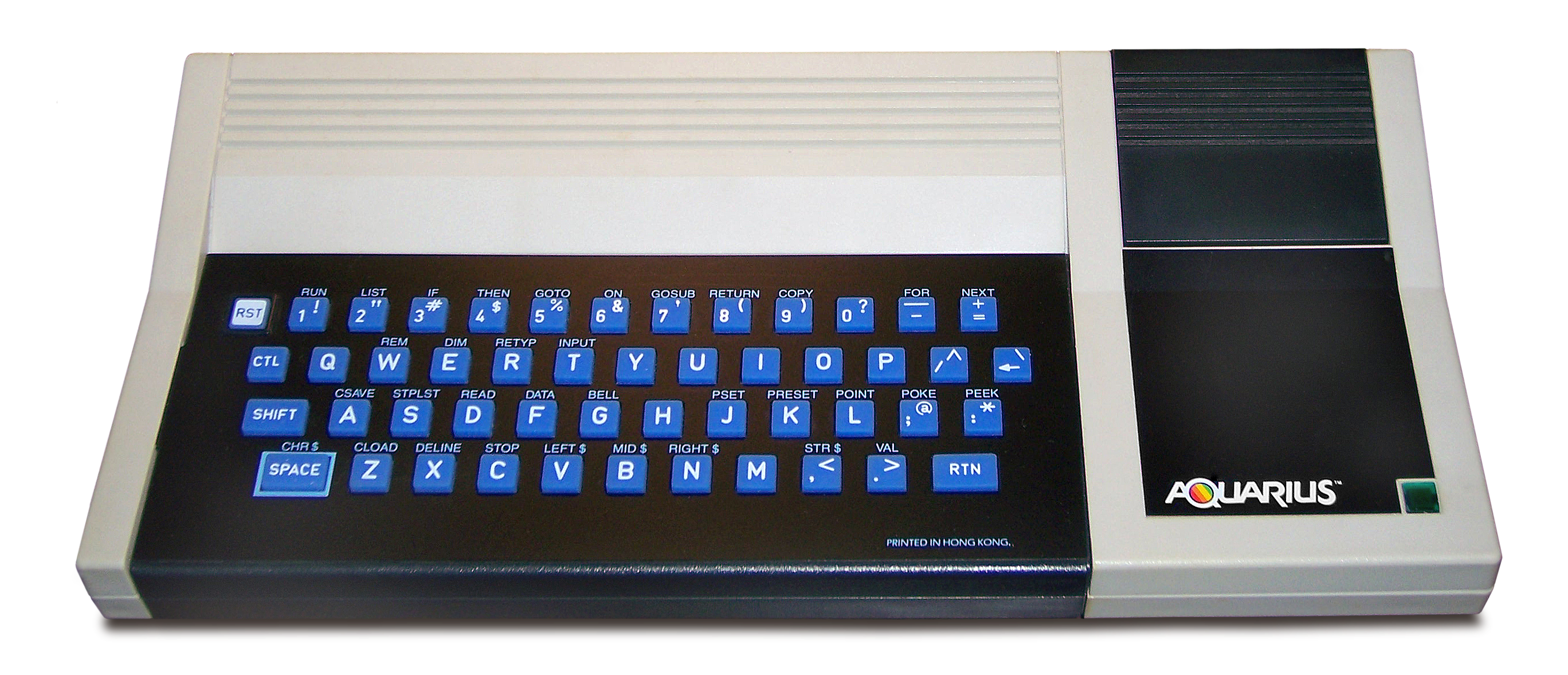
Image via Internet Archive
They’re thorough. It is the most comprehensive online gallery of abandonware, a true library. It started in 1996, and it’s no fringe organisation; Internet Archive collaborates with the Library of Congress and the Smithsonian to archive and allow access to these games.
Death by dumpster
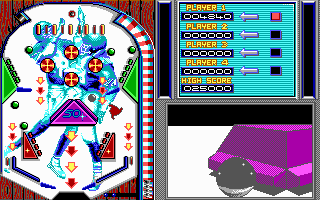
The digital extinction abandonware supporters fight against is not hypothetical. The beloved old-school games of our past are disappearing. Atari literally trashed the source code of some of its games, as it in buried them in a garbage heap, and only in 2014 unearthed it from the dump.
The games could’ve easily lingered among actual rubbish until everyone who grew up playing Atari had died. Instead, the dug-up games racked in $US37,000 on eBay for the city of Alamogordo, New Mexico. A copy of E.T. The Extra-Terrestrial sold for $US1,537 alone. (Since Atari buried the games in Alamogordo’s landfill, the city took over ownership.)
While most of the program neglect isn’t quite as dramatic, for people who care about the history of computing and software, or simply don’t want to give up their favourite games just because they’re too old, salvaging abandonware is a gesture of devotion. It’s birthed a strange paradox: summoning Photoshop 1.0 on a MacBook Pro is both a technical copyright violation and an act of preservation.
Preservation, not piracy
Since abandonware sharing still exists in legal limbo — not actively prosecuted in most cases but still legally a copyright violation — there is still plenty of work to be done to legitimise the hobby. The IA has made progress, but its collection of abandonware could get shut down if game makers went after it.
But the archive is interested in preservation, not piracy. Its mission statement is earnest:
Many early movies were recycled to recover the silver in the film. TheLibrary of Alexandria – an ancient center of learning containing a copy of every book in the world – was eventually burned to the ground. Even now, at the turn of the 21st century, no comprehensive archives of television or radio programs exist.
But without cultural artifacts, civilisation has no memory and no mechanism to learn from its successes and failures. And paradoxically, with the explosion of the Internet, we live in what Danny Hillis has referred to as our “ digital dark age.”
The Internet Archive is working to prevent the Internet – a new medium with major historical significance – and other “born-digital” materials from disappearing into the past.
Meanwhile, the Electronic Frontier Foundation is lobbying to make it legal to save classic computer programs that have been neglected. The group recently petitioned the Library of Congress for DMCA exemption for certain gaming abandonware.
“As games deactivate and servers shut down, the ability to modify authentication controls and start new servers is vital to preserving player communities,” the petition reads. “Communities can disperse quickly once gameplay becomes impossible.”
The future of newer abandoned games is on the line
This time, the EFF is focusing exclusively on gaming abandonware that requires servers, making sure these unsupported games have a chance to be a part of gaming history and stay a part of gaming culture.
The communities that are dedicated to preserving and playing vintage games have been passionately building digital muniments to make sure that their jettisoned favourites avoid the sad, dumpster fate of Atari’s forsaken games, but without approval from the Library of Congress and other archival institutions, it’s going to difficult to continue the preservation efforts as the people who grew up playing these games get get older and the memories of the joy that they bring people become more distant.
Getting the legal issues straightened out surrounding abandoned software clarified to allow for archivists and hobbyists to continue having access isn’t especially important because games that are being made today, and that have been created in the past five or so years, have a much more significant online component than old-school games.
This means that keeping them playable after support stops will be enormously difficult. The abandonware most likely to be lost forever isn’t abandoned yet. Games around now often don’t require players to buy a hard copy, meaning when the online support goes, there’s not going to be much to fall back on.
It means the games you currently love to play will be especially hard to archive without a scaffolding to make sure they don’t get lost when the creators unexpectedly pull the plug.
Advocacy groups and volunteers are offering up legal expertise just as Placé and Vivian offer up their time and energy to host sites. That’s the kind of enthusiasm saving these games generates. They may be abandonware, but they are far from abandoned.
Picture: Screenshot via Myabandonware.com
